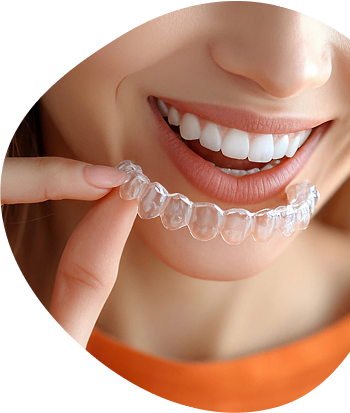The number one cause of adult tooth loss in the United States is periodontal disease. Also known as periodontitis or gum disease, this condition is an inflammation of the gums, gum infection or tooth damage that spreads to the tissue that supports the teeth, ligaments, and tooth sockets. Periodontal Disease can occur in people of any age: adults, adolescents, and children.
The association between periodontal therapy disease and heart disease refers to a broad set of conditions, including heart attack and stroke. Medical research suggests that the more bacteria you have from gum disease, the thicker your carotid arteries may be. The thicker the carotid arteries, the less blood flow to your brain and can cause a stroke. As stated in the American Heart Association, Dr. Shogo Matsui, the study’s lead researcher, said findings suggest “poor oral health, based on daily teeth-brushing behavior, is associated with poorer heart health.” Some people are at a higher risk of getting this disease, particularly smokers, people having difficulty controlling blood sugar levels with diabetes, stress or people that are genetically predisposed to developing this disease.
Pain is typically not a symptom of periodontitis, which is why many patients find themselves at an advanced stage before seeking treatment or avoid treatments after receiving a diagnosis. To treat periodontal disease, patients receive a deep cleaning procedure called scaling and root paining, along with dental laser and antibiotic treatments. Early stages of periodontal disease is known as gingivitis. Symptoms include inflammation of the gums and around the teeth, slight redness or bleeding gums due to bacteria and plaque build up. Gingivitis is typically treated with professional cleaning to remove plaque build-up and reduces bacteria to reverse from progressing any further. Gingivitis left untreated may progress to periodontal disease.
While bacteria plays a role in dental and oral health, your lifestyle choices are also a large factor, too. it’s important to keep up with regular dental exams to include dental X-rays. Be sure to treat any gum disease early if you want to maintain good oral health. If you are aggressive about treating any oral issues, your overall health gets better too.










.png)


